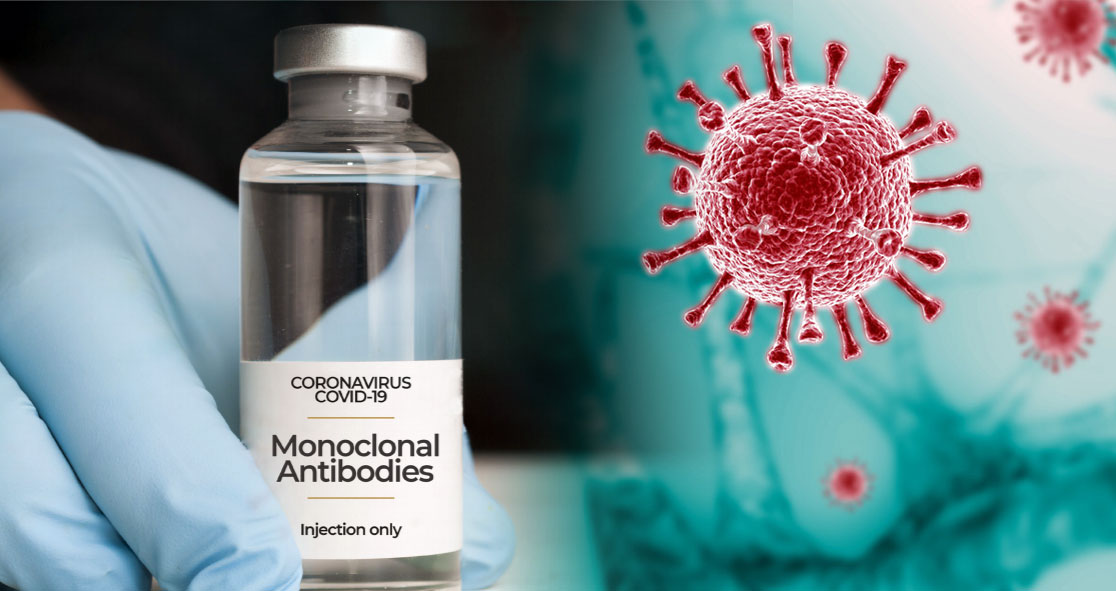Monoclonal antibody treatment has been shown to reduce the risk of COVID hospitalization and death if given within five days of developing the symptoms. However, the therapy is to be administered intravenously under the supervision of a medical professional.
Now, that treatment can become a lot easier to administer in more and more people, potentially saving lives, according to a new study. All you need is a simple injection.
Researchers at the University of Pittsburgh Medical Center (UPMC) have conducted the study and found that simply injecting monoclonal antibodies works just as well as an IV infusion, according to drugs.com.
Lead researcher Erin McCreary said, “This is very important because injections given under the skin can be given over less time and are much easier to administer than IV infusions. With this in mind, we can more than double the number of patients that we treat this way, helping ensure we are treating as many patients as possible and saving as many lives as possible.”
Monoclonal antibodies play a key role in treating COVID-19 infection. And at this point of the pandemic, they are the best treatment option for people who are infected with COVID-19, according to Dr. Carlos del Rio of the Infectious Diseases Society of America (IDSA).
“Currently what we have in our country is Delta, and monoclonal antibodies work really well for Delta,” he added. “The problem we’ve had is implementation. There’s a huge implementation challenge because you’ve got to get an IV [and] you’ve got to go to a hospital or a clinic where they do this infusion, and in many places, we really simply have not taken advantage of these available monoclonals in the way we should.”
McCreary explained that all clinical trials that the Food and Drug Administration (FDA) reviewed to approve monoclonal antibodies relied on IV infusions.
She said, “The perceived benefit of that approach is that you give the drug directly into the patient’s bloodstream, so you skip any need to get that drug what we call absorbed, or basically moved from the skin or the stomach into the bloodstream. It may act faster and you ensure the whole dose gets into the bloodstream to have an impact.”
However, the FDA approved a two-antibody cocktail (casarivimab and imedvimab) developed by Regeneron, which allowed health workers to give the therapy via injection “when an IV infusion is not feasible or giving an IV infusion would lead to a delay in treatment,” McCreary noted.
She said during a Delta-sparked COVID surge in September, “UPMC doctors started injecting the Regeneron monoclonal antibodies into patients who recently tested positive.”
Eventually, over 1,900 patients received the therapy via injection. McCreary called it “the first and largest clinical trial in the world to compare different methods of administrating Regeneron’s casarivimab and imdevimab monoclonal antibody combination product.”
The researchers found that people who received monoclonal antibodies had a 56% reduced risk of being hospitalized or dying within 28 days. They also found that administering the therapy via injection was just as effective as IV infusions.
The findings suggest that health workers can administer monoclonal antibodies to more and more people who are sick with COVID, according to McCreary.
She said, “This could greatly expand available locations for patients to receive treatment, as it’s much easier to give and there are more staff available to give this than with the IV infusions. We’ve now creatively expanded available staff to administer lifesaving therapies.”























